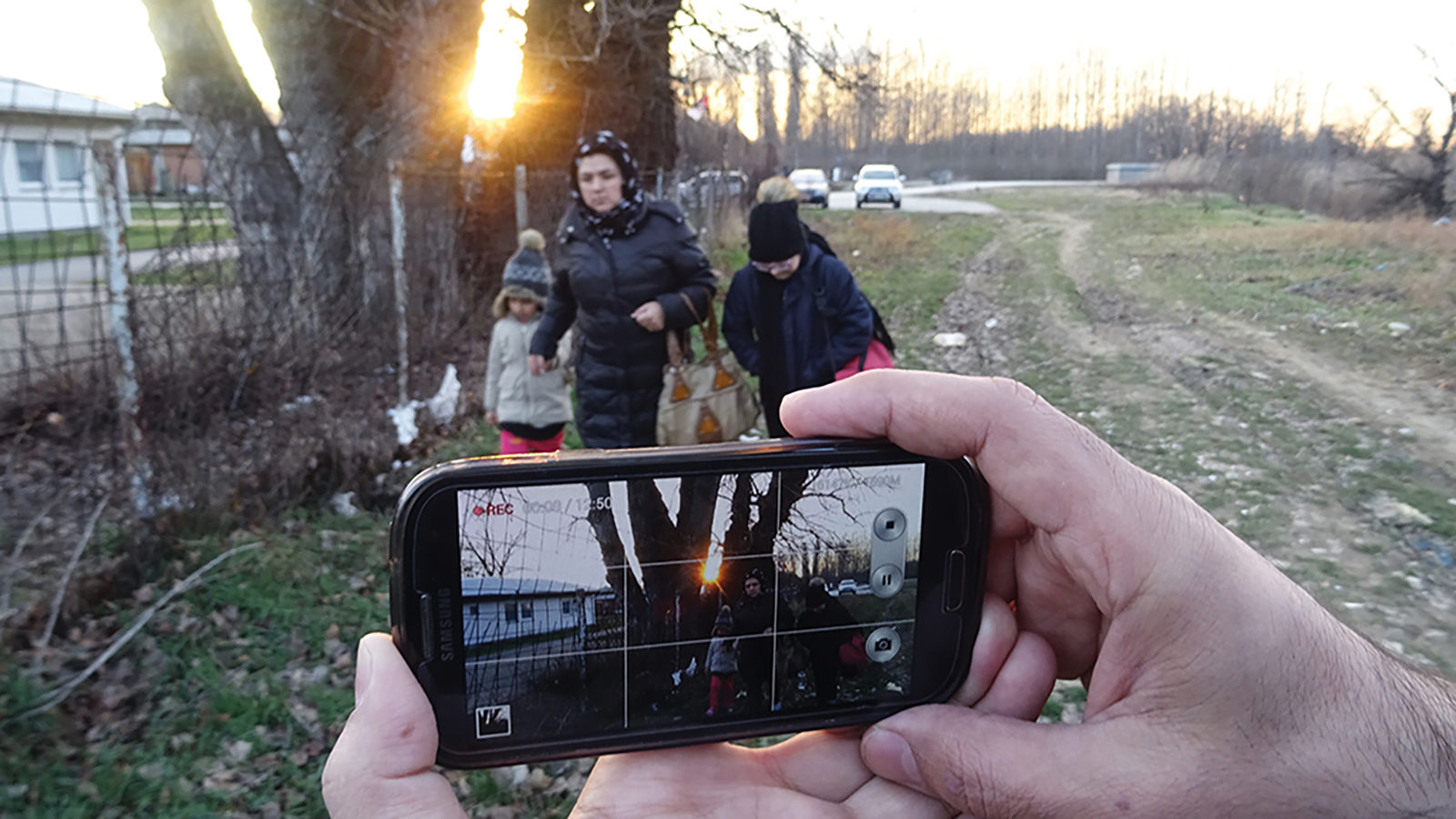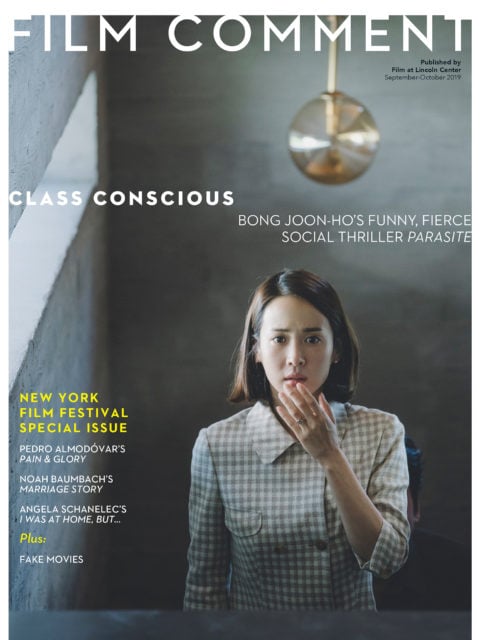
Short Takes: Midnight Traveler
After Hassan Fazili’s last documentary aired on television in Afghanistan in 2015, the film’s main subject was murdered and Fazili, too, found himself targeted for death by the Taliban. That inevitably turns Midnight Traveler—Fazili’s poetic account of his family’s desperate cross-country search for asylum—into an instance of cinema as a political act, as Fazili and his wife, Fatima, also a filmmaker, embark with their two daughters on a perilous three-year journey across Europe.

It’s a notably modest film, shot entirely on cell phones, but no less devastatingly dramatic for its constraints. Their ordeal—the setbacks, the exploitation, the bigotry and open aggression they face—strips away all romantic notions of home as we tend to describe it: nations and borders pale in the face of the helpless tears of eldest daughter Nargis. “Bored” is the only way she knows how to describe her feelings, unable to articulate her frustration with the inconceivable strains her life has come under.
Nargis’s tender voiceover punctuates the film’s quieter moments. Endearing family scenes (Fazili playfully teasing his wife, his daughter dancing breathlessly to pop music) have a home-movie quality that naturally complement the film’s lo-fi aesthetic. But Fazili also powerfully reckons with the consequences of his journalistic enterprise when the camera becomes the apparatus through which he begins to disassociate from his trauma: the cinematic project begins to eclipse his personal relationship to the horror of his experience. Thus Midnight Traveler adds to the chorus of war and exile narratives a formidable study of nationalism and its price.







